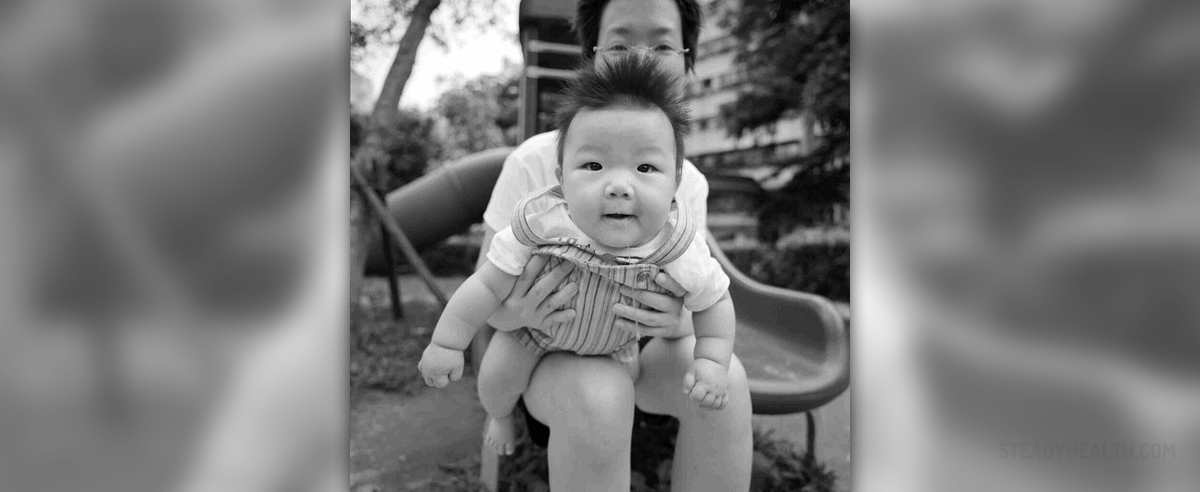
Characteristics of Drooling
Drooling manifests itself through one's involuntary expel of saliva through the mouth, due to over-accumulation of it. This condition is mostly connected with small children, up to 4 years of age. If drooling is present then, it is considered harmless. The only situation which may bring about seriousness in drooling connected with a child in this category is when the child expels drool in abnormal quantity, more frequent thanusually.
However, any occasions of drooling noticed in human beings over 4 years of age, are considered a problem since, most of the times, they serve as a sign of certain neurological problems. Besides this, there is a possibility drooling is caused by dysfunctional swallowing mechanisms of the person in question.
Reasons Behind Drooling
Small children may drool for many possible reasons. Therefore, the situation is almost always benign.
The main reason behind drooling, as far as small children are concerned, is teething. Namely, this process of getting their teeth, makes the children nervous, restless and irritated, thus triggering drooling. This is considered normal.
A large percent of small children are likely to suffer from allergic rhinitis. This disease manifests in two manners. Firstly, it stands for allergic reactions triggered by the dust in the baby's home. However, the second is caused by a seasonal allergic reaction, like pollen in spring. Under this circumstances, the child may have a running nose, red, irritated eyes, may sneeze and drool a lot. This situation may demand seeking medical attention.
The worst case scenario involves cerebral palsy as a cause for the child's drooling. Usually affecting children under the age of 3, this condition manifests through drooling caused by brain damage and brain-related problems. Also, this condition involves inability of performing certain motor functions. Additionally, the involuntary muscle spasms may be yet anothersymptom.
Possible Treatment
There are several medications, only to be administered after being prescribed by the doctor. The first is atropine sulphate. This medication is known to stop or reduce drooling and other expels caused by bronchial dysfunctions. However, this medication has a significant amount of side effects, and should therefore be given to the child in careful, adequate doses, without being combined with other drugs.
Alternatively, Glycopyrrolate is an additional drug being able to stop drooling. Nevertheless, the children which have stomach problems of any sorts should not be given this medication, as its side-effects include constipation.
Finally, proper care for the child's growing teeth may help as well. All parents need to do is take good care of their child's dental hygiene, use topical cremes which reduce the irritable symptoms of teething and massage the gums occasionally.


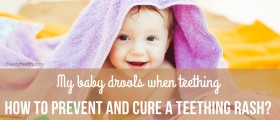
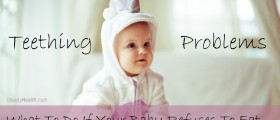
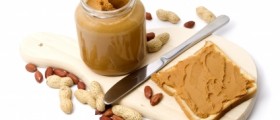
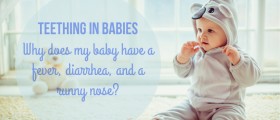
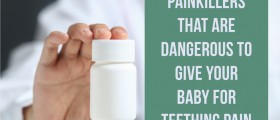
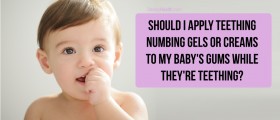

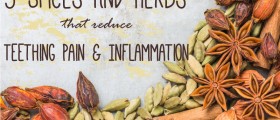
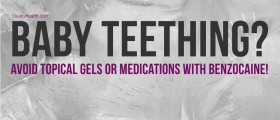


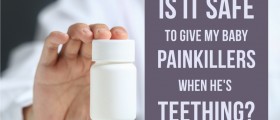
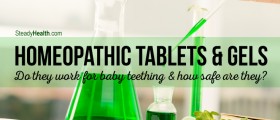
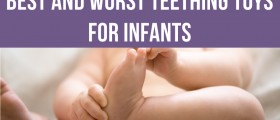
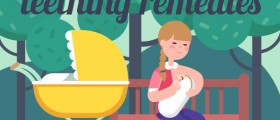
Your thoughts on this
Loading...